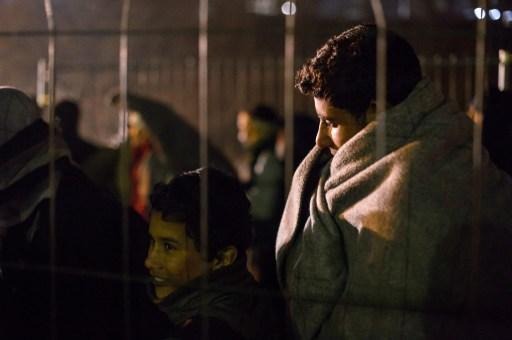On Saturday, the Austrian Home Affairs minister rejected the criticism in a letter from the European Commissioner for Immigration. It concerns Vienna’s decision to install a strict daily quota for asylum seekers. It says the criticism was sent to “the wrong address”.
“It is known that Austria has no external border other than with other EU countries, so is therefore not the first place these people (immigrants) end up”, the Home Affairs minister Johanna Miki-Leitner told the Austrian press agency APA. “If everybody respected the letter’s content (the one from European commissioner Dimitris Avramopoulos), Austria wouldn’t have a problem with it”. “But the letter was clearly sent to the wrong address”, she added.
The Austrian minister said the Commissioner’s complaints should have been directed at countries that immigrants will go through on their way to Austria. They referred to Greece in particular, as it is the main entry point into the EU. Mr Avramopoulos put his foot down in a letter addressed to Johanna Miki-Leitner on Thursday. This came after Vienna decided to install a quota of 80 asylum seekers authorised to enter its territory a day.
The application of such a decision “would clearly be incompatible” with European and international law, the Commissioner wrote in this letter. He added that “Austria had a legal obligation to accept every asylum request submitted on its territory or at its border”. Mrs Miki-Leitner immediately confirmed that daily quotas, that also include 3,200 people in transit, had been applied.
Austria received 90,000 asylum requests in 2015, a figure that has more than tripled in a year, according to figures from the Home Affairs office. The country has 8.5 million inhabitants, and is among the EU countries which have taken in the highest number of refugees compared to the size of its population. In 2014, the number of asylum seekers was 28,000.
(Source: Belga)

